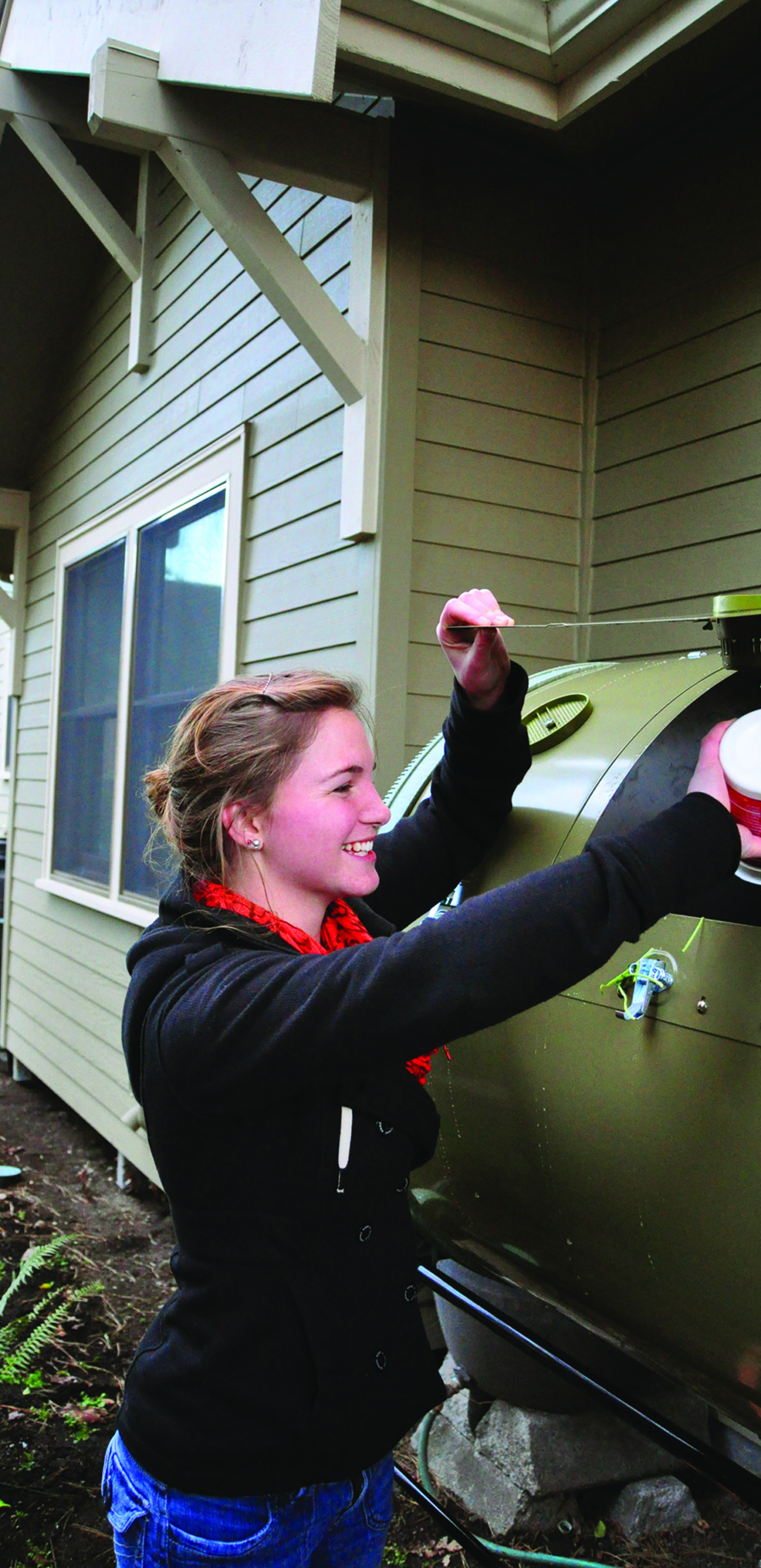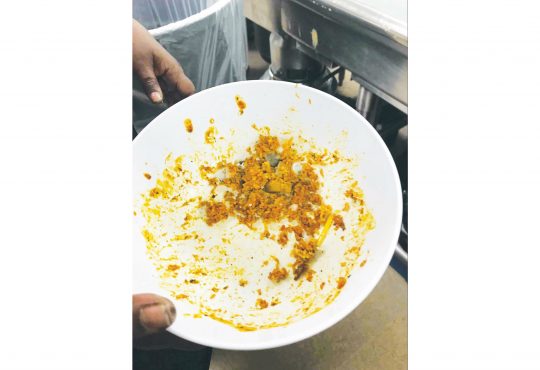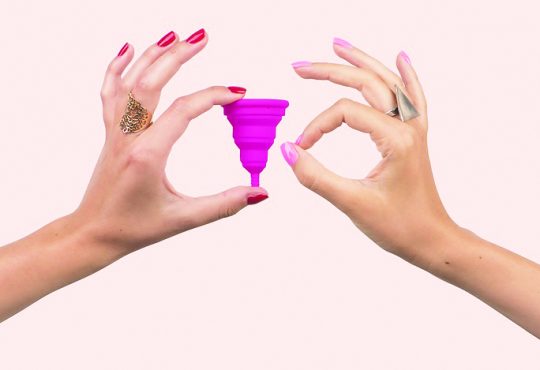
The Live Green House on campus has a new addition: a composting machine. The purpose of the machine is to spread the house’s message about living green and to show that Puget Sound students care about composting.
The composting machine is a $600, 60-gallon freestanding tumbler that sits outside of the Live Green House. The intention is for residents in on-campus houses and theme houses to collect their compost throughout the week in containers supplied by the Live Green House, deposit the waste into the composter and record the amount of compost they deposit in a log book.
“The purpose of the log is so that we can track the success of this program,” Live Green House resident Maggie Shanahan said.
The process of making compost is not an especially long one.
“From the time you stop putting stuff in it takes 14 days” Claire Armstrong-Hann, another resident of the Live Green House said.
Shanahan revealed that Students for a Sustainable Campus had been pursuing a composting system on campus for years.
“Composting is usually the first thing people talk about when they talk about sustainability on campus,” Live Green House resident Holly Kvalheim said.
Shanahan explained that several obstacles have prevented previous attempts at campus composting.
“There’s the space issue, the rat problem [from storing food products outside], and continuity. Authorities are concerned that before this program gets off the ground, students will lose interest, and it will fall apart,” she said.
“Students talk a lot about how UPS is all talk and no action when it comes to sustainability. This is our opportunity to take action. If students are committed to composting, this program will succeed, and the University will see that we are serious about being green,” Shanahan continued.
This compost machine is “a first step because students have to show interest to persuade Facilities to continue,” Live Green House resident Rachel Siegel said.
“If students generate more compost than the tumbler can handle, which we should, that will be grounds to expand the program. If this program succeeds, Facilities is open to the possibility of purchasing more composters for different areas of campus,” Shanahan said.
The Live Green House worked with the Sustainability Advisory Committee—which consisted of students, faculty and staff—to bring composting to campus. Next, the Live Green House wrote a proposal for a composter that was presented to Facilities and was approved at the end of January. Facilities then purchased the composter for the house.
Anyone on campus can use the composter just as long as they contact the Live Green House beforehand. “Though our program targets Theme Row, all students our welcome to use it,” Shanahan stated.
The Live Green House provides a list of compostable products with each compost bucket that they loan out. Compostable products include: all vegan foods, fruit and vegetable peels, coffee grounds and filters, egg shells, dryer lint, shredded cardboard and paper products, and algae. On the other hand, meat, fat, grease, oil, bones and dairy products like milk, cheese and yogurt are not compostable. The house requests that compost is dropped off every week and that the volume of the compost is recorded on the chart located on the Live Green House porch. Contact Shanahan at mshanahan@pugetsound.edu if you are interested in contributing.
“Our dream is that interest will exceed the capacity of this [composter] and then the University will understand that students are committed to composting,” Shanahan said.


